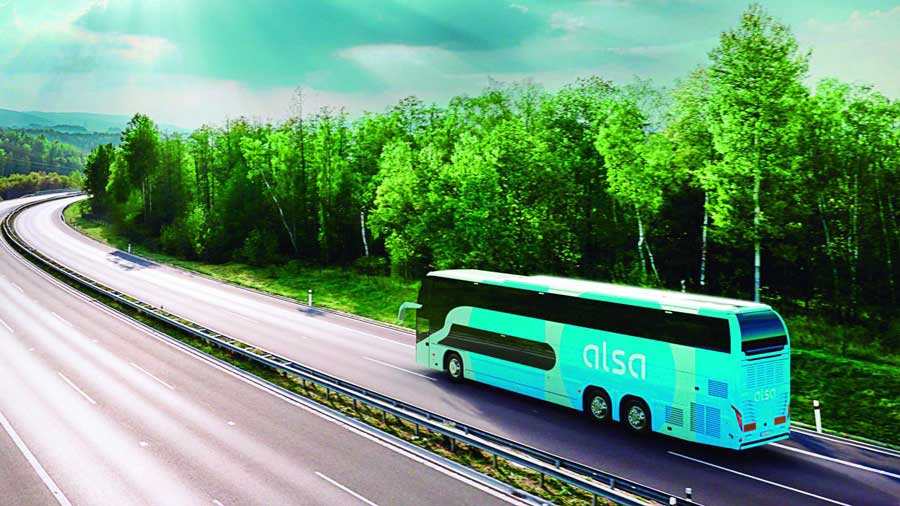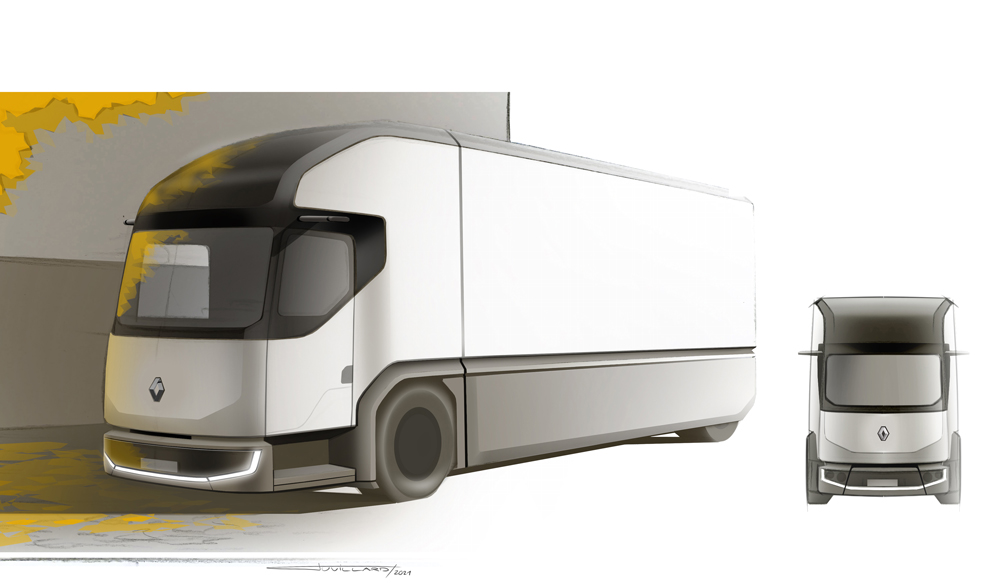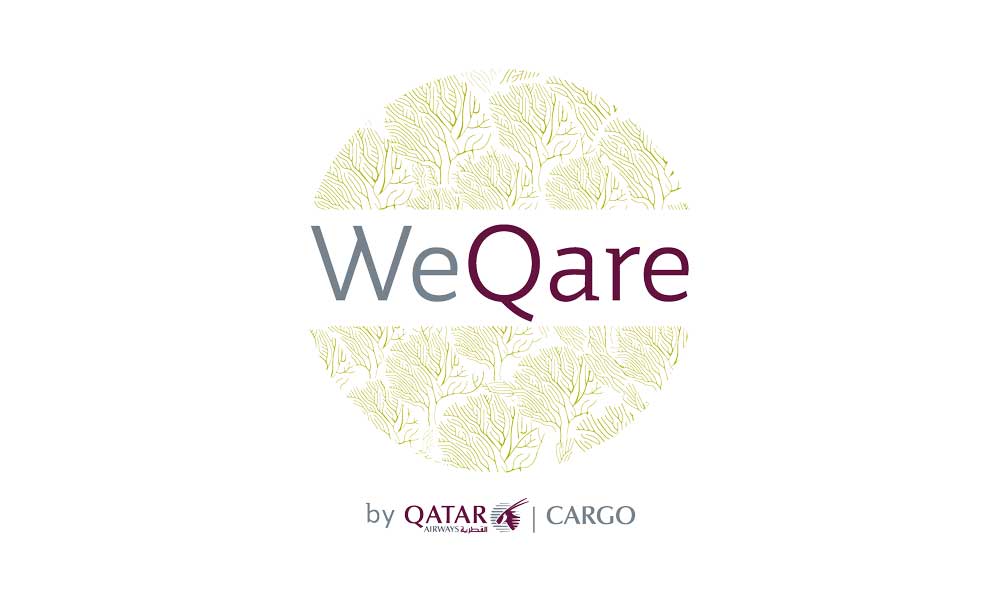For the past five years, Renault Trucks has been sending volunteer staff to developing countries to share their expertise with local World Food Programme teams. A total of 200 people have been trained during the fifteen training sessions held in twelve different countries. Boosted by this positive result, the constructor is renewing its partnership for a further three-year period.
Renault Trucks is committed to working alongside the World Food Programme (WFP), the leading humanitarian organization delivering food assistance in emergencies and working with communities to improve nutrition and build resilience.

Since 2012, the manufacturer has deployed a mobile training unit and sent volunteer staff to several WFP offices within Africa to share their skills and train local teams. This has resulted in fifteen training sessions being held in twelve African countries, training a total of two hundred mechanics, workshop supervisors and fleet managers.

Jean-François Milhaud, the World Food Programme Global Fleet Manager, gave a positive assessment of these five years of cooperation. “WFP’s partnership with Renault Trucks is of great importance and is highly regarded. Their support in training and upskilling our staff has been incredibly valuable and has resulted in a range of benefits, including increased motivation amongst staff, cost savings and operational efficiencies.”

Boosted by this positive assessment, Renault Trucks is renewing its partnership with the World Food Programme for a further three-years.
The manufacturer has therefore decided to allocate a second mobile training unit to the World Food Programme – a Renault Trucks K 6×6 – which will be dedicated to supporting WFP teams working in West Africa. The other mobile training unit will be kept and located in East Africa. This new setup will facilitate the logistics of organising training sessions.

Renault Trucks is also set to add a new training session designed for drivers who often have to cope with difficult terrain. This will involve giving them more in-depth knowledge of their vehicle and its functions to enable them to deal more easily with complex situations. The trainers will also help the drivers to gain proficiency in the precepts of rational driving. The training sessions for mechanics, workshop supervisors and fleet managers will be continued.
Last but not least, Renault Trucks volunteers will be deployed for one-month missions to the field and provide technical support to WFP’s staff in key areas related to efficient fleet management.

Forthcoming training sessions:
– January 2019: Driver training in Ethiopia.
– April 2019: Mechanic training in Uganda
– June 2019: Driver training in the Democratic Republic of Congo
– November 2019: Fleet manager training in Lyon
This partnership is one of the CSR – Corporate Social Responsibility – actions of Renault Trucks. Fully aware of its responsibilities, Renault Trucks undertakes to design, produce and distribute products with integrity that meet its customers’ requirements, reduce the environmental impact of its business and fulfil its responsibilities as an employer, as well as its role as a corporate citizen in the countries involved.










